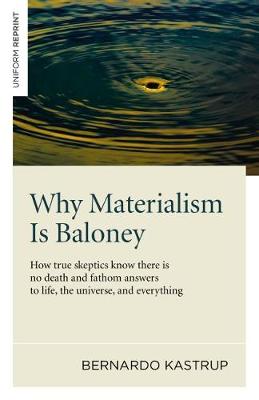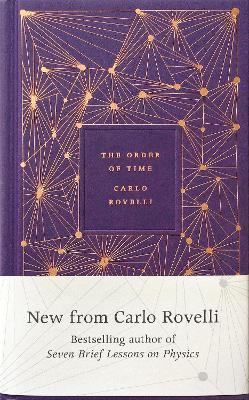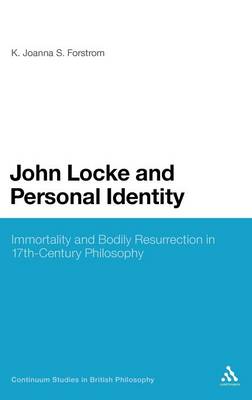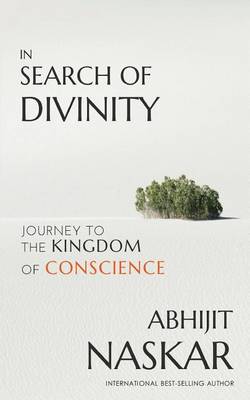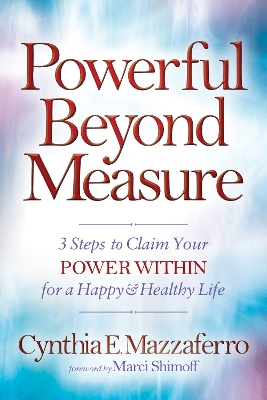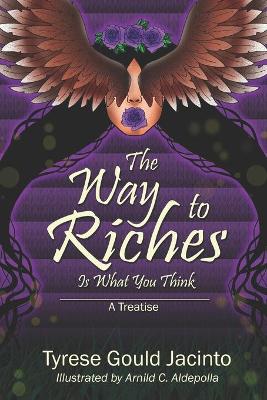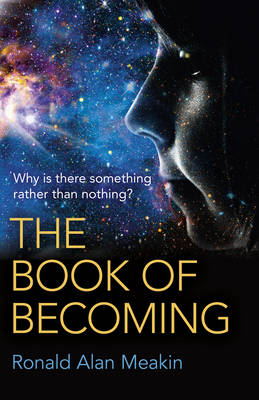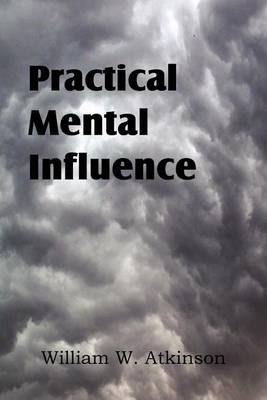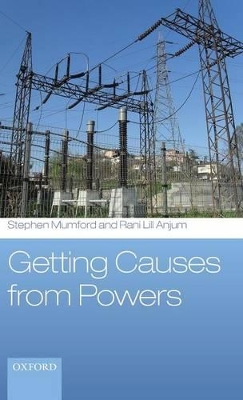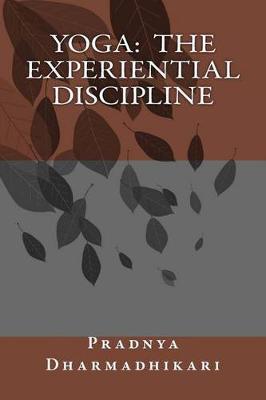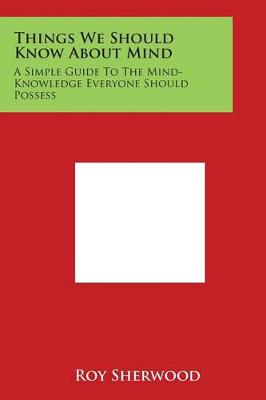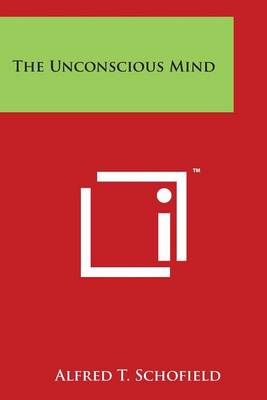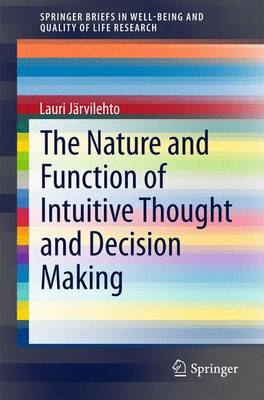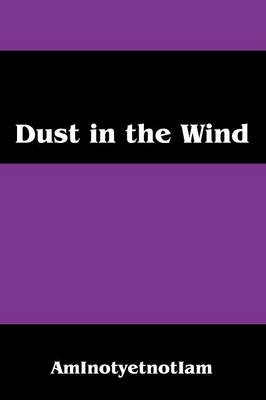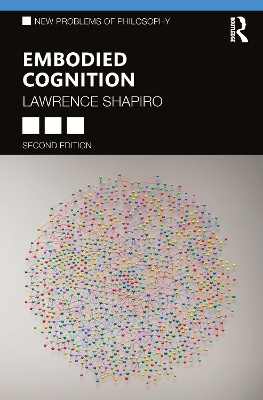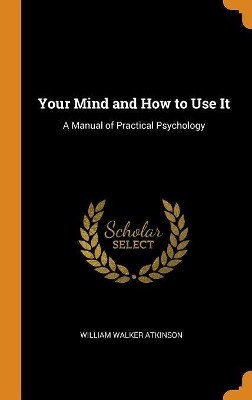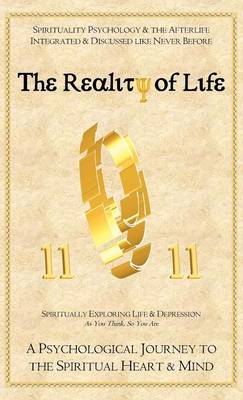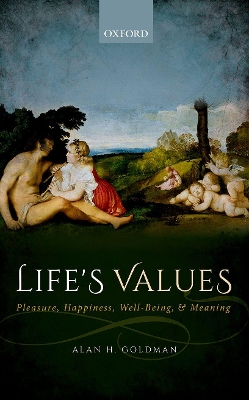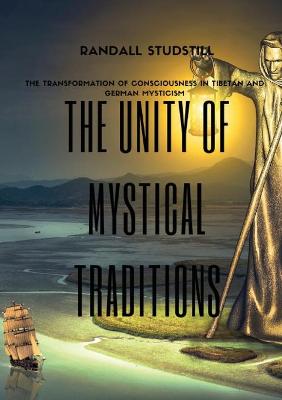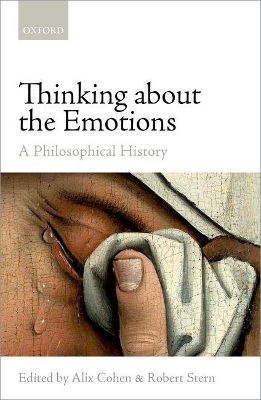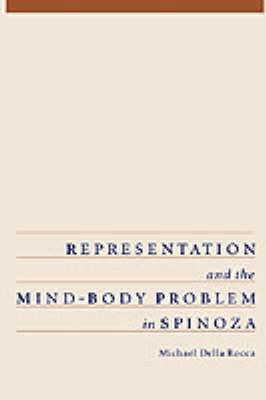The present framing of the cultural debate in terms of materialism versus religion has allowed materialism to go unchallenged as the only rationally-viable metaphysics. This book seeks to change this. It uncovers the absurd implications of materialism and then, uniquely, presents a hard-nosed non-materialist metaphysics substantiated by skepticism, hard empirical evidence, and clear logical argumentation. It lays out a coherent framework upon which one can interpret and make sense of every natur...
THE SUNDAY TIMES NUMBER ONE BESTSELLER'Modern physics has found its poet. A captivating, fascinating, profoundly beautiful book' - John Banville'The new Stephen Hawking' - Sunday TimesThe bestselling author of Seven Brief Lessons on Physics takes us on an enchanting, consoling journey to discover the meaning of time'We are time. We are this space, this clearing opened by the traces of memory inside the connections between our neurons. We are memory. We are nostalgia. We are longing for a future...
John Locke and Personal Identity (Continuum Studies in British Philosophy)
by K. Joanna S. Forstrom
This landmark collection will explore the origins and foundations of music education across five continents. The introduction of music as a compulsory subject in schools is of unique significance for music educationists and researchers. However, their shared knowledge of this phenomenon is fragmentary and there is consequently a need for more comprehensive documentation and analysis of the foundational aspect of school music from a variety of international perspectives. Origins and Foundations o...
Powerful Beyond Measure is a complete transformational guide to living a life of authenticity and abundance that's deeply rooted in love, acceptance, compassion, and kindness. Readers learn how to discover and embrace their inner power, release and heal the emotional residue from the past, and envision a future of unbounded possibilities that allows their passions and purpose to be fulfilled. Through insight, self-exploration, and step- by-step, practical exercises, Powerful Beyond Measure...
When considered as an object the photograph exists physically in the world, it belongs to someone; it gets held, it has weight, value. I've been interested in this concept for some time. It was this interest plus the recurrent use of my images online without my permission that motivated the creation of the series Little Romances. I have always made very personal work, my current emotional state and interests get translated directly into my images. Most all these images reflect questions and...
Book of Becoming, The - Why is there something rather than nothing? A Metaphysics of Esoteric Consciousness
by Ronald Alan Meakin
'Why is there something, rather than nothing?' From the ancient text found on The Emerald Tablet, the motion implicit in achieving higher levels of consciousness is explored through questions surrounding whether evolution proceeds through natural selection or by controlled design and whether the nature of evolution itself is changing. Along our journey we ask whether Gaia theory can by extended beyond an earthly arena, whether science and religion are really incompatible and how do paranormal ex...
Causation is everywhere in the world: it features in every science and technology. But how much do we truly understand it? Do we know what it means to say that one thing is a cause of another and do we understand what in the world drives causation? Getting Causes from Powers develops a new and original theory of causation based on an ontology of real powers or dispositions. Others have already suggested that this ought to be possible, but no one has yet performed the detailed work. Stephen Mumfo...
The Proceedings of the 2nd International Humanities Conference
by Bert Sharp, Paul Beekman Taylor, Nicholas Tereshchenko, Seymour Ginsburg, Keith Buzzell, Jim Gomez, Russell Smith, Edgar Clarke, Massimo Introvigne, and Kenneth Pledge
CBAR - Conceive, Believe, Achieve, Receive (Cbar, #1)
by Walter Perdigao
This book focuses on the very nature and function of intuitive thought. It presents an up-to-date scientific model on how the non-conscious and intuitive thought processes work in human beings. The model is based on mainstream theorizing on intuition, as well as qualitative meta-analysis of the empirical data available in the research literature. It combines recent work in the fields of philosophy of mind, cognitive psychology and positive psychology. While systematic research in intuition is re...
Embodied cognition is a recent development in psychology that practitioners often present as a superseding standard cognitive science. In this outstanding introduction, Lawrence Shapiro sets out the central themes and debates surrounding embodied cognition, explaining and assessing the work of many of the key figures in the field, including Lawrence Barsalou, Daniel Casasanto, Andy Clark, Alva Noe, and Michael Spivey. Beginning with an outline of the theoretical and methodological commitments o...
In Life's Values Alan H. Goldman seeks to explain what is of ultimate value in individual lives. The proposed candidates include pleasure, happiness, meaning, and well-being. Only the latter is the all-inclusive category of personal value, and it consists in the satisfaction of deep rational desires. Since individuals' rational desires differ, the book cannot dictate what will maximize your own well-being and what in particular you ought to pursue. However it can tell you to make your desires r...
The Unity of Mystical Traditions (Numen Book, #107)
by Randall Studstill
This book argues that mystical doctrines and practices initiate parallel transformative processes in the consciousness of mystics. This thesis is supported through a comparative analysis of Tibetan Buddhist Dzogchen (rdzogs-chen) and the medieval German mysticism of Eckhart, Suso, and Tauler. These traditions are interpreted using a system/cybernetic model of consciousness. This model provides a theoretical framework for assessing the cognitive effects of mystical doctrines and practices and sho...
Thinking about the Emotions (Mind Association Occasional)
Philosophical reflection on the emotions has a long history stretching back to classical Greek thought, even though at times philosophers have marginalized or denigrated them in favour of reason. Fourteen leading philosophers here offer a broad survey of the development of our understanding of the emotions. The thinkers they discuss include Aristotle, Aquinas, Ockham, Descartes, Malebranche, Spinoza, Hobbes, Hume, Shaftesbury, Hutcheson, Kant, Schiller, Schopenhauer, Nietzsche, James, Brentano,...
Representation and the Mind-Body Problem in Spinoza
by Michael Della Rocca
This first extensive study of Spinoza's philosophy of mind concentrates on two problems crucial to the philosopher's thoughts on the matter: the requirements for having a thought about a particular object, and the problem of the mind's relation to the body. Della Rocca contends that Spinoza's positions are systematically connected with each other and with a principle at the heart of his metaphysical system: his denial of causal or explanatory relations between the mental and the physical. In th...
